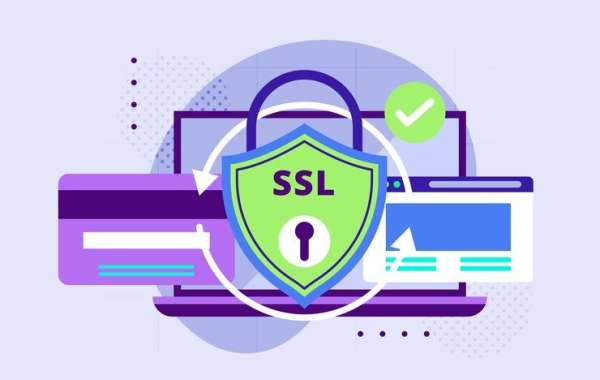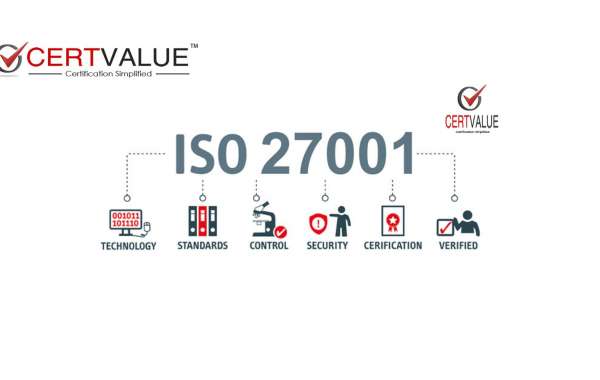Have you ever noticed how some website addresses start with "HTTP" while others with "HTTPS"? What's the deal with that extra "S," and why does it matter?
In this new media age, where almost everything we do is connected online, understanding web security basics is not just for techies. It's for anyone who uses the internet.
So, let's explore why HTTP is not considered secure and why moving towards HTTPS is not just a good idea; it's essential.
The Basics of HTTP
HTTP stands for Hypertext Transfer Protocol. It's the foundation of any data exchange on the Web, essentially the protocol that allows for fetching resources, such as HTML documents. It's what makes it possible for you to click on a link and get transported to a new web page. Sounds pretty useful, right? However, the problem with HTTP is that it is not secure.
When data is transferred over HTTP, it's done so in plain text. This means anyone who manages to intercept the data can read it. Imagine sending a postcard; anyone who handles it can see the message. This is where the issue lies. When you're entering sensitive information, such as passwords, credit card numbers, or personal details, you don't want it to be easily accessible to anyone with nefarious intentions.
Additionally, without the security HTTPS provides, websites are more vulnerable to website defacement and the spread of malware, undermining the integrity of the web experience.
The Security Flaws of HTTP
Because HTTP data is not encrypted, it is easy to eavesdropping and man-in-the-middle attacks. Eavesdropping means someone could be listening in on the data being sent.
A man-in-the-middle attack is even more alarming. It occurs when an attacker secretly intercepts and possibly alters the communication between two parties who believe they are directly communicating with each other.
These vulnerabilities can lead to various security issues, including identity theft, financial fraud, and a breach of personal privacy. It's clear that in a world increasingly aware of data protection and privacy, relying on HTTP alone is not enough. The absence of encryption also makes it easier for attackers to inject negative ads or scripts into web pages, further compromising user safety.
The Transition to HTTPS
This is where HTTPS comes into play. The "S" stands for "Secure." HTTPS is the secure version of HTTP, which means all communications between your browser and the website are encrypted. This encryption is achieved through the use of SSL/TLS protocols, adding a layer of protection that guards against eavesdropping and man-in-the-middle attacks.
By choosing to develop your website with HTTPS, you're not only protecting your users but also building trust. Visitors to your site will see a padlock icon next to the URL, signaling that the connection is secure. This visual cue is particularly important for websites that handle sensitive information, reassuring users that their data is safe.
Wix: Ensuring Secure Websites
When it comes to building secure websites, why Wix is good becomes evident through its automatic integration of HTTPS across all its sites. This platform ensures that every website created through its service benefits from the same level of security, incorporating encryption from the get-go.
Wix site security is vital, providing an essential layer of protection without the need for complex configurations or additional security knowledge from the site owner.
Plus, with Wix handling the technicalities of maintaining HTTPS, site owners can focus more on their content and user engagement, knowing their site security is in good hands. This peace of mind is invaluable, especially for small businesses and individuals who may not have extensive technical expertise.
With Wix, creating a secure online presence becomes effortless, allowing website owners to concentrate on what matters most, delivering valuable content and engaging with their audience.
The Importance of Web Security
Nowadays, the importance of web security cannot be overstated. With cyber threats evolving and data breaches becoming more common, ensuring your website is secure is not just an option; it's a necessity. The shift from HTTP to HTTPS is a significant step in the right direction, offering a more secure and trustworthy web experience for users worldwide.
Adopting HTTPS not only protects your users but also enhances the credibility and reliability of your website. As we become more reliant on the internet for our daily needs and activities, prioritizing web security is crucial for maintaining the integrity and safety of our digital lives.
Final Thoughts
Understanding why HTTP is not secure helps us appreciate the value of HTTPS and the importance of web security in general. Whether you're a website owner looking to protect your site and your users or an internet user seeking to safeguard your personal information, the shift towards a more secure web is beneficial for everyone.
By choosing platforms that prioritize security, like Wix, and by being mindful of the websites you visit and the information you share online, you can navigate the digital world with greater confidence and safety. Remember, in the era of the internet, security is not just a feature; it's a necessity.
In this digital era, our lives are more intertwined with the internet than ever. From online shopping and social media to banking and healthcare, our personal and financial information constantly traverses the web.
This interconnectedness brings convenience and efficiency but also exposes us to potential risks if security is not taken seriously. Therefore, adopting HTTPS and other security measures is not merely a technical upgrade but a critical step toward safeguarding our digital footprint. It's about creating a safer environment where trust can flourish between website owners and their users, where data integrity is maintained, and privacy is respected.
As technology continues to change, so do the tactics of those with malicious intent. Staying informed about the latest security practices and understanding the mechanisms behind them, like the transition from HTTP to HTTPS, empowers us to make smarter decisions online. It's a collective effort; web developers, platform providers, and users all play a vital role in encouraging a secure online world.




